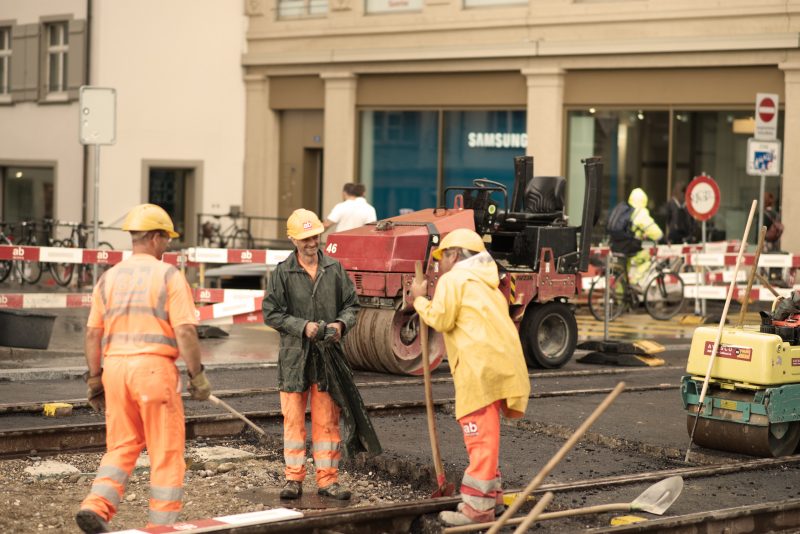Are you looking for a rewarding career that typically pays well and does not involve you sitting at a desk all day? Well, land surveying may be the perfect career choice for you!
In this article, we are taking a look at what a land surveyor does and the top reasons why you should consider a career in surveying.
What does a land surveyor do?
Land surveying, by definition, is the use of geometry, trigonometry, and physics to determine terrestrial positions of points and the angles and distances between these points.
As a land surveyor, your main responsibility is to carry out reviews of land using technical equipment. You will measure and collect data on specific areas of land, with data commonly identifying boundaries of the land and any land features (both natural and man-made). This data accurately maps out the land, which can then be used for a number of purposes, such as construction work.
The land that you are surveying can drastically vary in size, and you could be surveying land for airports, landfill sites and quarries. Land surveyors also work with a number of industries, including the rail, construction, highway, civil and geo-environmental industries. You can find out more about the industries that surveyors work with here.
Typical duties of a land surveyor include:
- Carrying out surveys
- Working in diverse sectors
- Assessing land due for redevelopment
- Managing and monitoring projects from start to finish
- Producing maps using GPS, surveying instruments, digital images and satellite photographs
- Analysing data using geographic information systems (GIS)
- Drawing charts using computer-aided design (CAD)
- Monitoring changes in the land during the construction process
- Writing reports
Top Reasons to Become a Land Surveyor
You want a rewarding career that makes a difference
From construction projects to boundary work, surveyors, and the data they collect play an important role in the day-to-day running of the UK. As a land surveyor, your work can impact a wide variety of fields and industries, shaping everything from building projects to infrastructure.
You want a hands on job instead of sitting at a desk all-day
Surveying involves both fieldwork and office work, and no day is the same, making it is the perfect career option if you are not one for sitting in an office all day.
You want to work alongside top technology
Since surveyors are responsible for taking precise measurements of land to determine property boundaries and develop land, they have to work with some very high-tech equipment and programs, including GPS devices, 3D laser scanning technology, drones, and computer-aided drafting software.
You want a great paying career
Land surveying is a well-paid career, with your expected salary increasing as you become more experienced and specialised in what you do.
What qualifications do I need to become a land surveyor?
Are you interested in a career in land surveying? To become a chartered land surveyor, you will need to complete training with either RICS or the Chartered Institute of Building (CIOB).
There are a number of ways you can start your career, including an apprenticeship route or a university route. Whilst traditionally land surveying jobs required a degree, there has been an increase in apprenticeships within the industry over the past ten years. Here at Landform Surveys, we have had a number of apprentices over the years and have found that it is a great way to train staff for their career in surveying.
Alternatively, you could go down the university route, with relevant undergraduate degree subjects including:
- Civil engineering
- Surveying
- Geographical Information Sciences
- Geography
If you would like to find out more about becoming a land surveyor, then contact Landform Surveys today.


